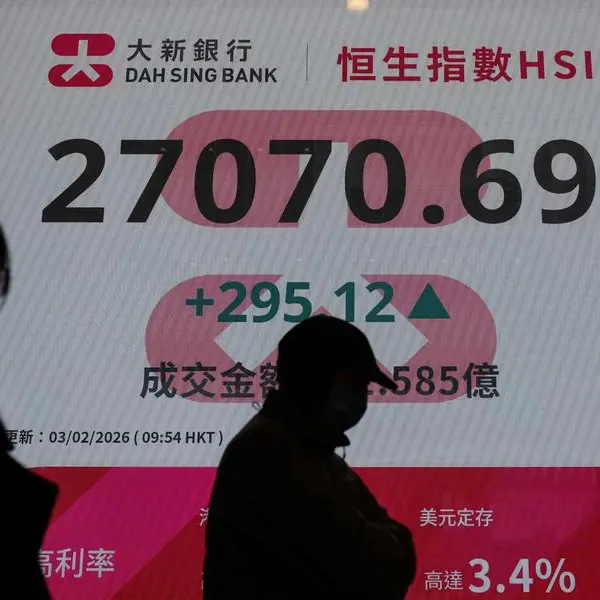PHOTO
PARIS - Developed countries provided and mobilised US$115.9 billion in climate finance for developing countries in 2022, exceeding the annual 100 billion goal for the first time and reaching a level that had not been expected before 2025.
According to new figures from the OECD, in 2022 climate finance was up by 30% from 2021, or by USD 26.3 billion. This is the biggest year-on-year increase to date and means that the 100 billion mark was reached a year earlier than the OECD had previously projected, albeit two years later than the initial target date of 2020.
“It is good to see that developed countries have exceeded the USD 100 billion goal in 2022. Exceeding this annual commitment materially by more than 15% is an important and symbolic achievement which goes some way towards making up for the two-year delay, which should help build trust. We encourage developed countries to keep up the momentum, also to leverage it further with additional policy efforts to boost private climate finance,” OECD Secretary-General Mathias Cormann said. “It will be important to sustain this level of elevated support through to 2025 while also increasing our ambition for the new post-2025 goal. Multilateral providers and the private sector will be key to further bridging the investment gap, notably in areas such as clean energy, agriculture and resilience. For the post-2025 period, the scope and design of the New Collective Quantified Goal on climate finance must be more comprehensive and effective than the existing goal by optimising the roles of different actors, finance sources, and policy incentives in order to address the scale and range of climate-related finance needs.’’
The 2022 climate finance data shows that public funds, from both bilateral and multilateral channels, continue to make up the bulk of climate finance, accounting for 80% of the total. Over the period recorded, multilateral public climate finance showed the biggest rise, up by USD 35 billion or 226% since 2013. The 2022 growth in public climate finance was accompanied by a jump of 52%, or USD 7.5 billion, in mobilised private finance, which reached USD 21.9 billion in 2022 after several years of relative stagnation.
The OECD will continue to track the fulfillment of the US$100 billion goal through to 2025 as well as, pending the outcome of COP29 in Baku, contributing to international efforts to implement the NCQG in an effective way.




















